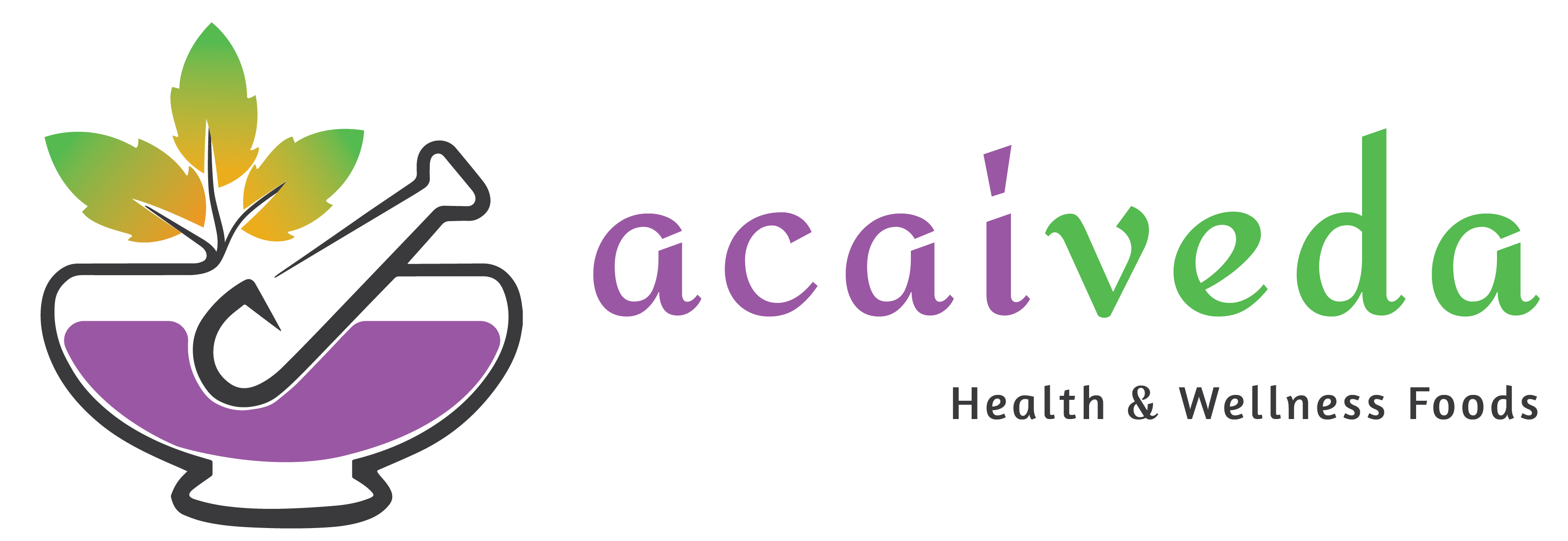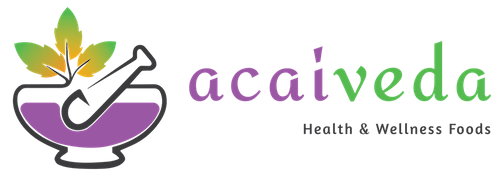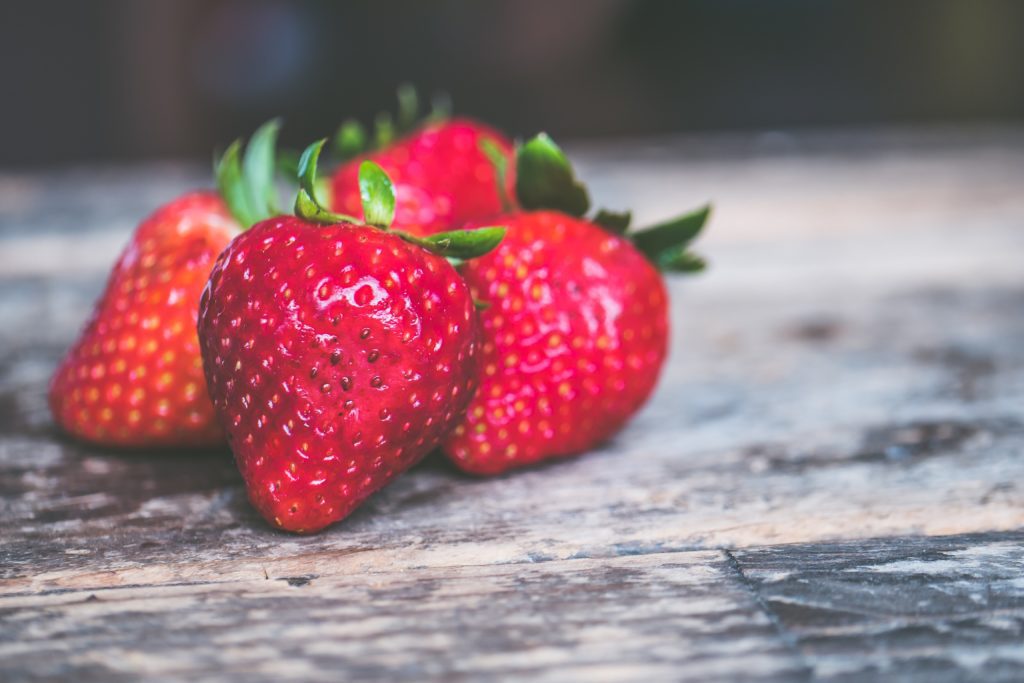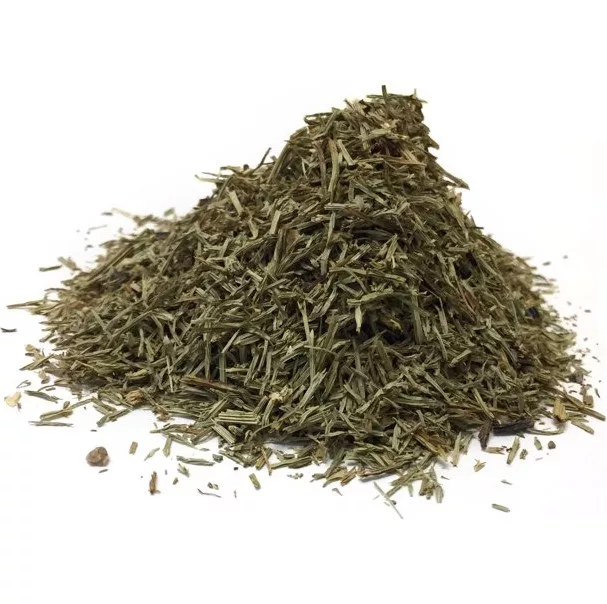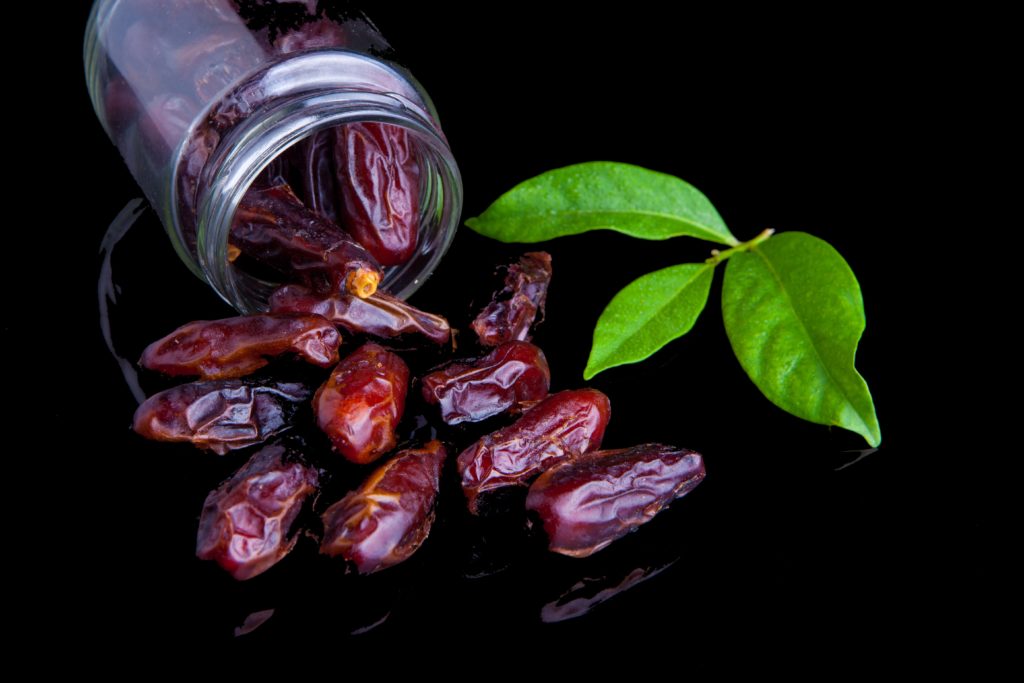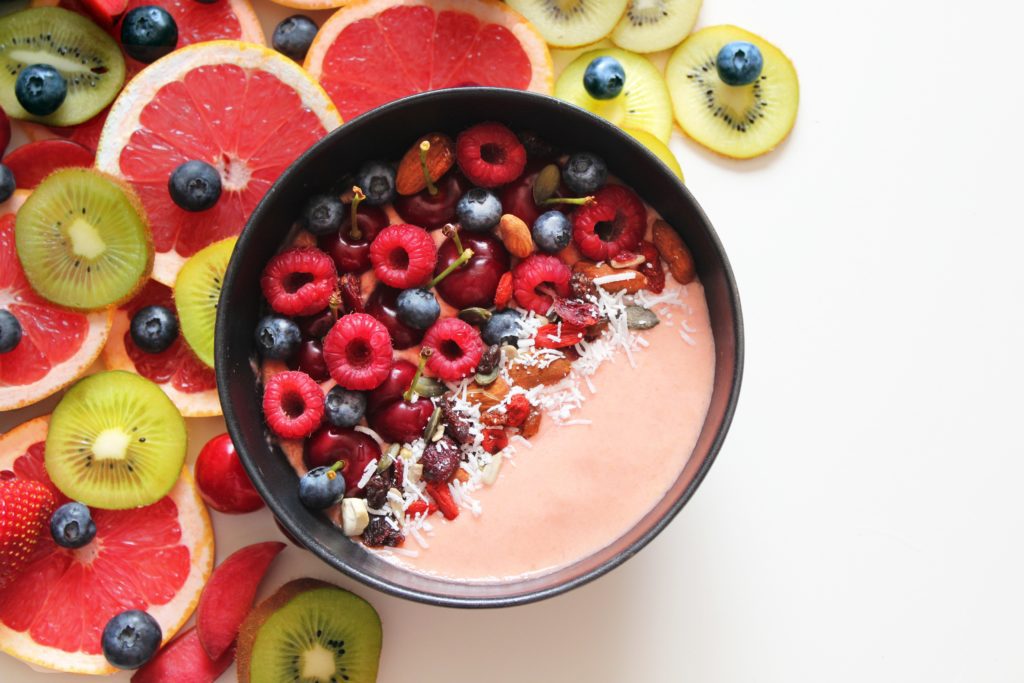
ACAI BOWLS: THE AMAZON’S SECRET TO WELLBEING
WHAT IS THE HISTORY OF ACAI?
Acai bowls are a popular dish that is made from the acai berry, which is native to the Amazon rainforest in Brazil. The acai berry has been used by indigenous people in the region for centuries as a food and medicine. Acai berries are considered a superfood due to their high nutrient content and potential health benefits (see the full list of nutrients below). They were also used in traditional medicine to treat a variety of conditions such as inflammation, diarrhea, and fever (more on this below).
Acai berries were traditionally harvested from wild acai palms and consumed as a juice or a puree, mixed with other fruits or sweeteners. The harvesting process usually involves using a long, flexible stick to knock the berries from the branches of the acai palm tree into a basket or bucket. The berries are typically harvested twice a year, with the main harvest taking place between May and June and a secondary harvest taking place between November and December. The harvesting process is usually done by hand, and the berries are often collected by local communities who sell them to processors for export or for use in local markets.
In the 1990s, acai berries started to gain popularity in the United States and Europe as a dietary supplement due to their high antioxidant content and potential health benefits. It was around this time that acai bowls started to become popular as well. Acai bowls are typically made by blending acai berries with other fruits, such as banana and strawberry, and then topping it with granola, nuts, and other toppings.
Nowadays, Acai bowls are a popular dish in many countries, it is typically served as a breakfast or a dessert. Acai bowls typically contain a blend of acai berries, which are high in antioxidants including anthocyanins, and other fruits, which are also rich in vitamins and minerals. They also often contain granola, which provides healthy carbohydrates, and other toppings such as nuts and seeds, which provide healthy fats.
WHAT ARE THE HEALTH BENEFITS OF ACAI BERRY?
Acai berries are high in antioxidants, fiber, and healthy fats, which may offer a variety of potential health benefits.
- High in Antioxidants: Acai berries are particularly rich in antioxidants, which can help protect the body against damage from free radicals, which can contribute to aging and chronic diseases.
- Weight Loss: Acai berries may help with weight loss by reducing appetite and increasing feelings of fullness.
- Heart Health: Acai berries may help improve heart health by reducing cholesterol levels, blood sugar levels, and inflammation, which are all risk factors for heart disease.
- Skin Health: Acai berries may help improve skin health by reducing inflammation and protecting against damage from the sun’s UV rays.
- Digestive Health: Acai berries are high in fiber, which can help improve digestion and prevent constipation.
- Boost Immune System: Acai berries contain high levels of vitamins and minerals that can help boost the immune system.
- Boost Energy: Acai berries are a good source of natural energy as it contains carbohydrates.
WHAT NUTRIENTS ARE IN ACAI BERRY?
Some of the key nutrients found in acai berries include:
- Antioxidants: Acai berries are rich in antioxidants, including anthocyanins, which are powerful compounds that can help protect cells from damage by free radicals.
- Fiber: Acai berries are a good source of fiber, which can help regulate digestion and support healthy gut bacteria.
- Healthy fats: Acai berries contain healthy fats, including monounsaturated and polyunsaturated fats, which can help support heart health and reduce inflammation.
- Vitamins: Acai berries are a good source of vitamins A and C, which are important for skin, eye, and immune health.
- Minerals: Acai berries contain a small amount of minerals, including iron and calcium, which are important for overall health.
- Phytochemicals: Acai berries contain phytochemicals, including flavonoids, phenolic acids, and tannins, which have been shown to have antioxidant and anti-inflammatory effects.
WHAT IS THE DAILY VALUE OF NUTRITION IN ACAI BERRY?
A 100-gram serving of acai berries contains:
- 3% of the daily value (DV) of Fiber
- 2% of the DV of Protein
Acai berries also contain small amounts of essential vitamins and minerals, such as vitamin C, iron, and calcium.
HOW DO I CONSUME ACAI?
Acai berries can be consumed in a variety of ways, including:
- Fresh berries: Fresh acai berries are difficult to find outside of the Amazon rainforest, but they can be purchased in some specialty stores or online. They have a slightly bitter taste and can be eaten on their own or blended into smoothies.
- Juice: Acai juice is a popular way to consume acai berries and can be found in many health food stores and online. It is usually blended with other fruit juices and sweeteners to improve the taste.
- Supplements: Acai berry supplements are available in the form of capsules, powders, and extracts and can be found in health food stores and online. They are a convenient way to get the potential benefits of acai berries without the need to purchase fresh berries or juice.
- Freeze-dried powder: Acai berry freeze-dried powder is a versatile form of the berries that can be added to smoothies, oatmeal, yogurt, or other foods. It is available in health food stores and online.
- Energy drinks: Some energy drinks contain acai berry extract and can be a convenient way to get the potential benefits of the berries.
Note: We are a small business so we used a cheat code (ChatGPT, phew, technology has come far!) to help us write this blog post. We double-checked the information contained within this post to ensure accuracy.
